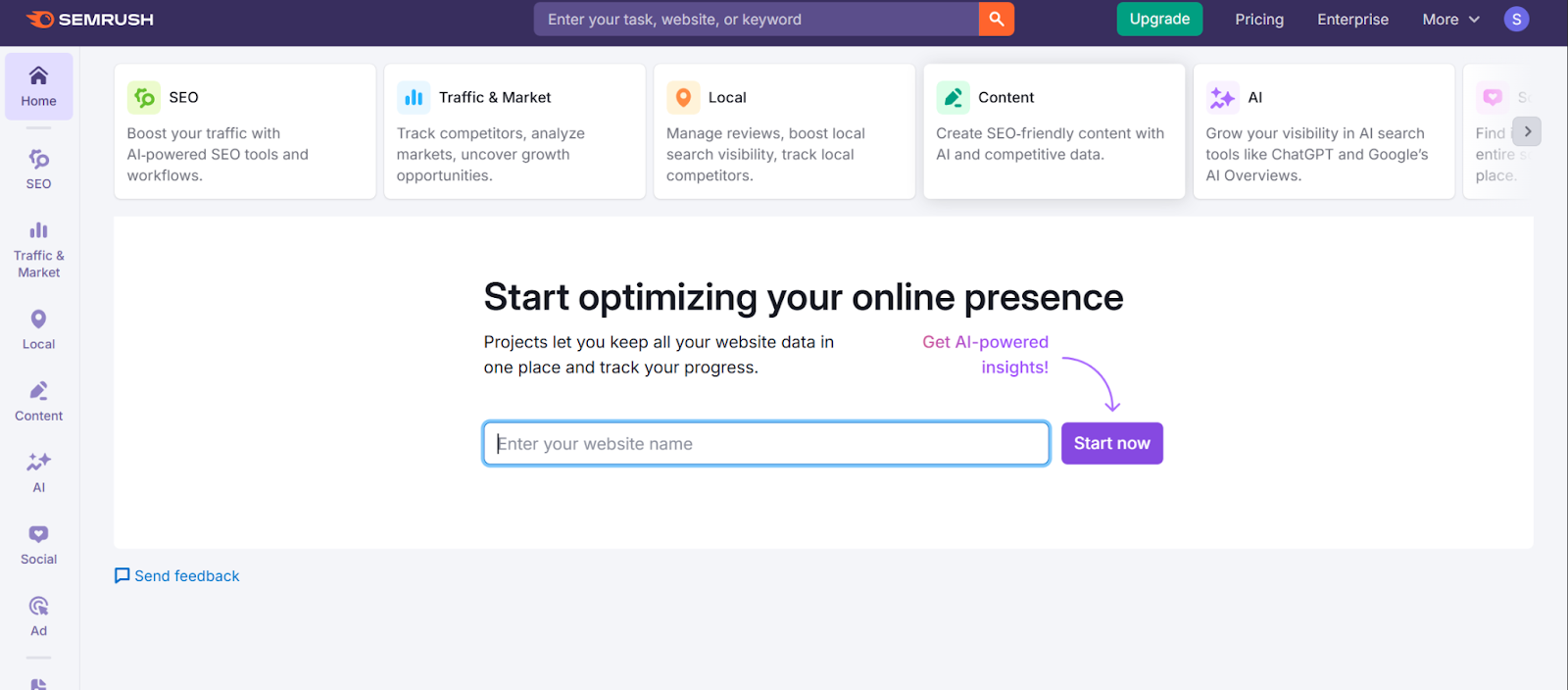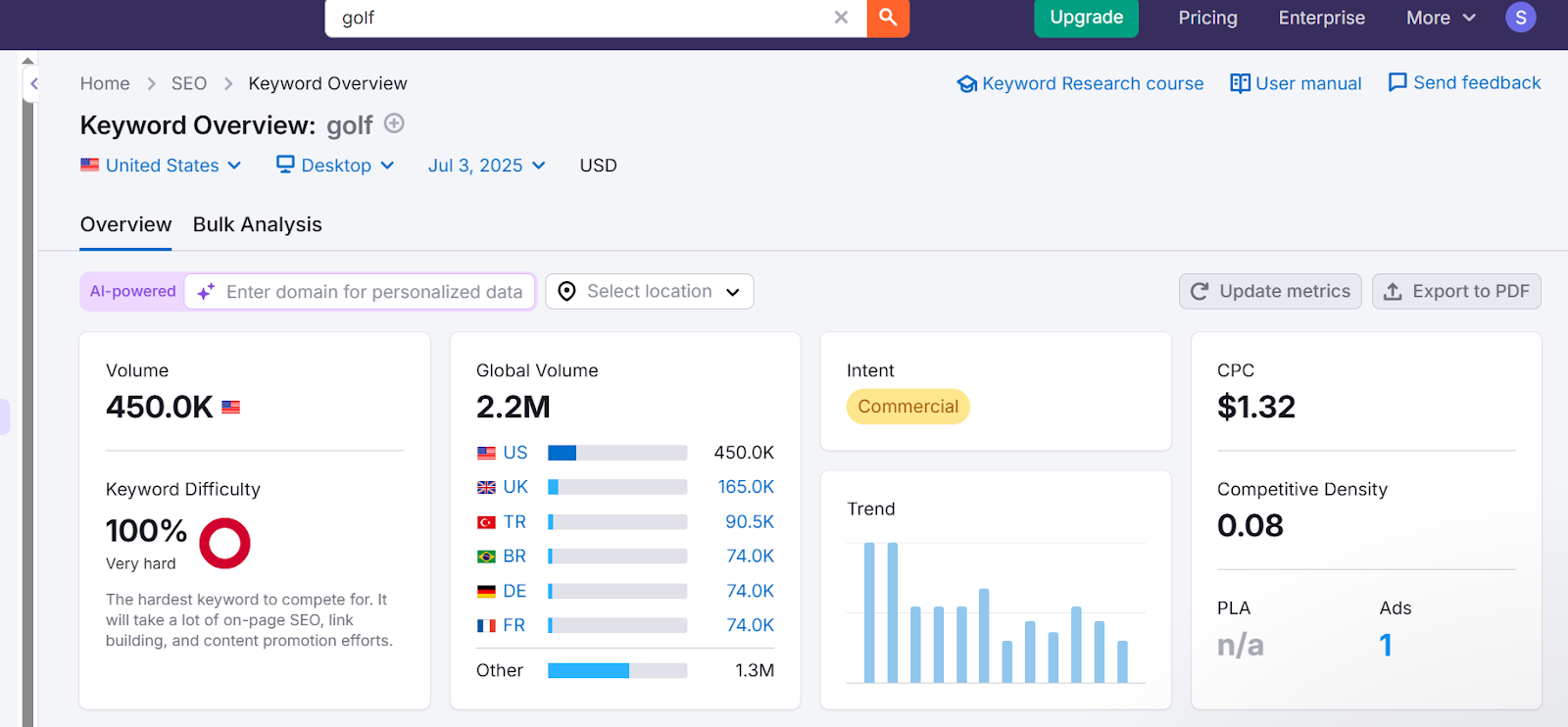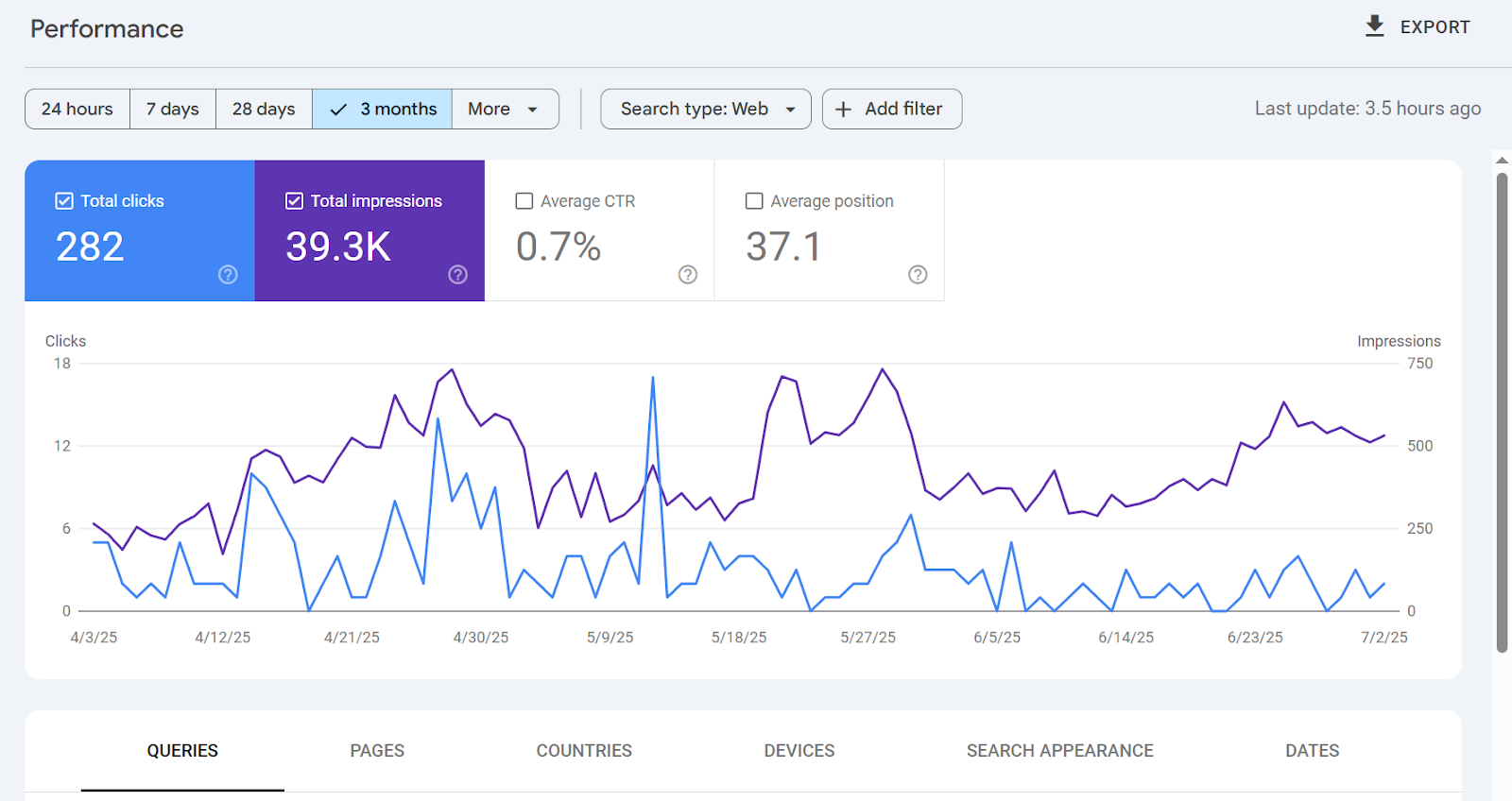
What Is Keyword Research? A 2025 Guide for Smarter SEO
Keyword research is the foundation of effective SEO. It helps you discover the words and phrases your audience uses when searching online, so you can create content that ranks, resonates, and converts.
In this guide, you’ll learn what keyword research is, why it matters, and how to do it effectively in 2025.
What Is Keyword Research?
Keyword research is the process of identifying search terms people use to find information online. It helps marketers understand demand, assess competition, and create content tailored to user intent.
In 2025, keyword research focuses heavily on search intent—whether the user is looking for information, comparing options, or ready to buy.

Why It Matters
Keyword research is critical for:
- Boosting SEO rankings
- Creating relevant content that aligns with your content marketing strategy
- Understanding audience needs
- Improving PPC ad targeting
Done right, it drives qualified traffic and increases conversions.
How To Do Keyword Research
1. Start With a Seed Keyword
Begin with a broad topic, product, or service—like “espresso” or “golf clubs.” Use tools like Google Keyword Planner or SEMRUSH to explore related terms and metrics.

2. Analyze Key Metrics
Look at:
- Search Volume – how many people search it monthly
- Keyword Difficulty – how hard it is to rank
- Organic CTR – how likely users are to click an organic result
Aim for a balance: decent volume, manageable difficulty, and strong intent.

3. Understand Search Intent
Match keywords to the user journey:
- Informational: “how to use a French press”
- Transactional: “buy espresso machine”
This ensures your content meets user expectations.
4. Target Long-Tail & Semantic Keywords
Long-tail keywords (e.g., “best coffee grinders under $100”) are easier to rank and often have higher conversion potential. Semantic keywords (e.g., “brewing methods,” “caffeine levels”) add context and depth.

5. Group & Organize Keywords
Cluster your keywords by topic or funnel stage to plan your content more effectively.
6. Analyze the SERPs
Use the search results page for inspiration. Features like “People Also Ask” and “Related Searches” reveal what users want next.
7. Apply Keywords Strategically
Incorporate keywords naturally in:
- Titles
- Headings
- Meta descriptions
- First paragraphs
- Alt text
Avoid keyword stuffing—write for humans first.
8. Monitor & Optimize
Track performance using Google Search Console. Revisit your keyword strategy regularly to stay aligned with evolving trends.

Advanced Tips for 2025
- Use Google Trends to spot rising topics
- Track competitors’ keyword performance
- Tap into internal site search for fresh ideas
- Use AI tools to generate variations
Final Thoughts
Keyword research is an ongoing effort, not a one-time task. Done consistently, it strengthens your SEO, fuels content strategy, and ensures your business stays visible in search.

